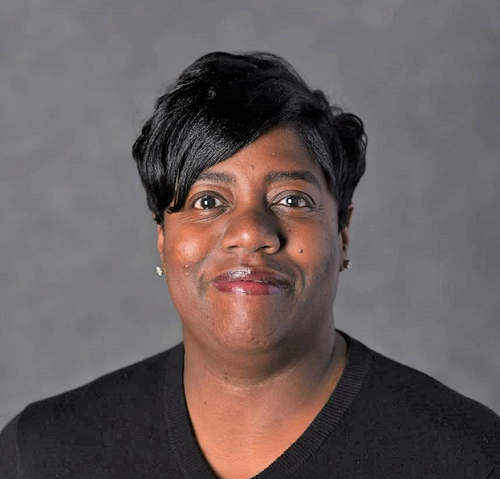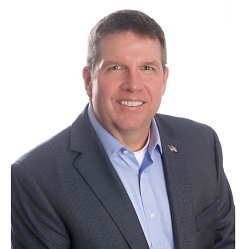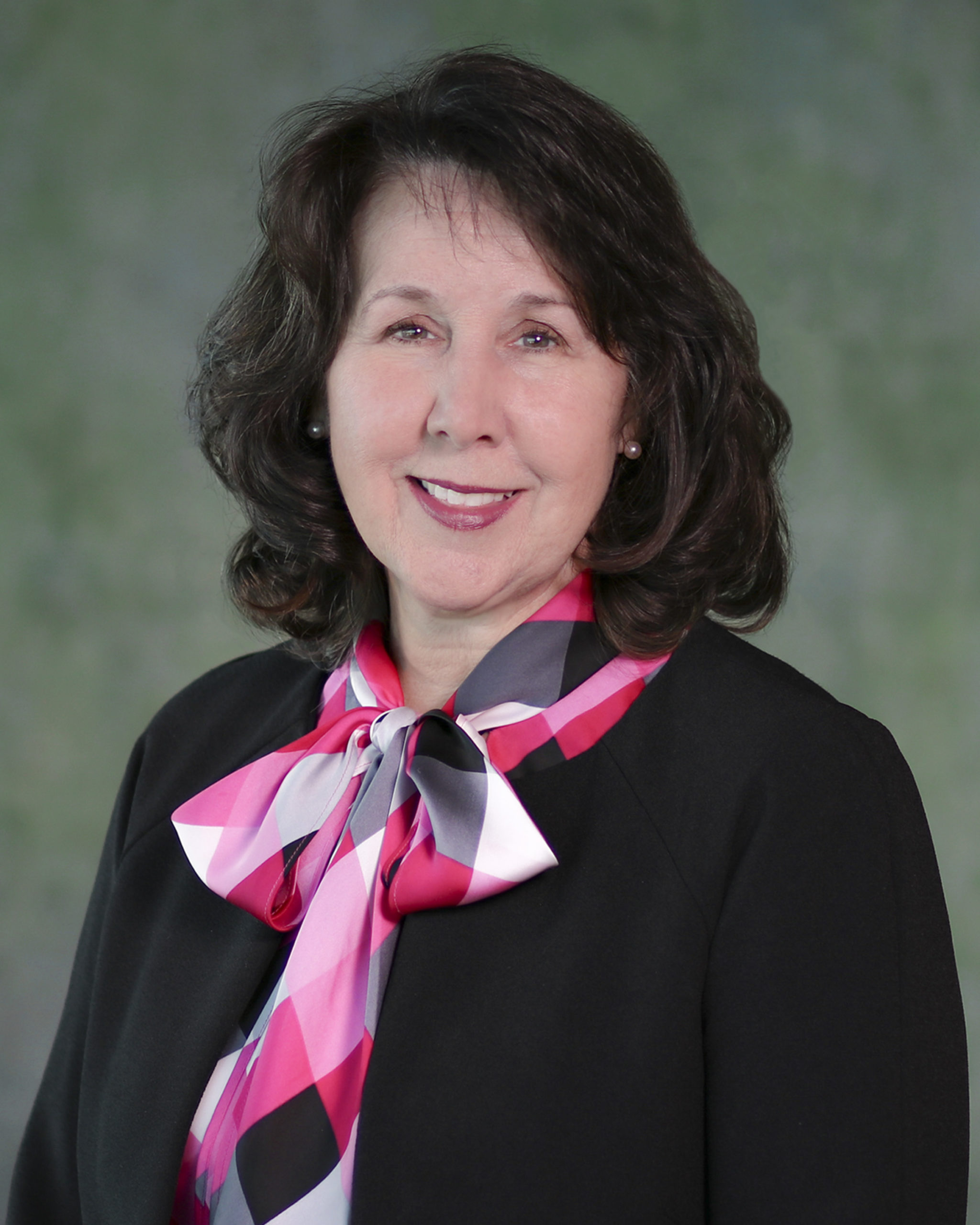The Delta variant is surging, raising the specter of another onslaught of widespread shutdowns as a growing list of schools return to virtual learning and many retail businesses report staff shortages so critical it’s forcing owners to limit hours or even shut the doors.
Meanwhile, member-owned financial cooperatives are refining what they’ve learned so far during the pandemic to respond to the changes the new variant has caused.
I think we’ve slowly become more comfortable being uncomfortable. The past 18 months have taught us some important lessons.
Here, senior executives from six cooperatives share how their shops are responding to the continuing crisis.
PEN AIR FEDERAL CREDIT UNION
Pam Hatt, VP of Marketing, Pen Air FCU
Pam Hatt has been vice president of marketing at Pen Air Federal Credit Union ($2.3B, Pensacola, FL) for the past nine years. The Panhandle cooperative has 15 branches and 117,699 members.
Has the surge in the Delta variant affected your operations? If so, how? If not, why not?
Pam Hatt: We were one of the first businesses in our area to implement lobby restrictions and go to appointment-only. With staff exposures to the Delta variant, quarantining procedures implemented based on CDC recommendations, and the onboarding and training of new hires, we found ourselves in what I would call the perfect storm.
We realized if we did not close our lobbies to appointment-only early on like we did we would have been forced to shut down entire branch locations. I’m proud we took the risk and made that decision early on. Doing so has allowed us to continue to serve our members.
How have your experiences since the beginning of the pandemic affected how you’re dealing with the Delta variant now?
PH: We realized we can easily function in a work-from-home environment especially with our back-office staff, Member Service Center, and Pen Air LIVE Specialists.
For the most part, some positions are now strictly work-from-home whereas others operate on a 60%/40% model of working in the office and then working from home.
TEXANS CREDIT UNION
David Frazier, President/CEO, Texans Credit Union
David Frazier joined Texans Credit Union ($2.0B, Richardson, TX) as president and CEO in February 2020. The Texas cooperative has 11 branches and 119,116 members.
Has the surge in the Delta variant affected your operations? If so, how? If not, why not?
David Frazier: We’ve had minimal interruptions from the Delta variant due to the procedures implemented in our member-facing areas when COVID first appeared, the number of our employees that have been vaccinated, and the continuation of our remote work strategy.
Early in the pandemic we realized remote work would become part of our culture going forward. We rolled out an official remote work policy that gives employees more flexibility based on their position. Employees have appreciated this, which allows Texans to quickly adapt to situations like what we are seeing with the Delta variant.
We continue to follow CDC guidelines to protect our staff and members while adhering to state and local regulations. Currently, we require all employees to wear masks if they work within six feet of anyone or in common areas regardless of their vaccination status. We also strongly encourage our members to wear masks inside the branches, and, overall, our members have been cooperative.
How have your experiences since the beginning of the pandemic affected how you’re dealing with the Delta variant now?
DF: Operationally, the pandemic forced every department to change in some manner and become more electronically focused. It helped us improve our processes and sped up our adoption of new technology.
We also have become better communicators, keeping employees engaged and focused by being consistent, transparent, and proactive with our communication, especially in light of our hybrid work environment.
The pandemic also helped us rethink our work culture. We recognized the benefit of remote work early in the pandemic, and our permanent hybrid work environment will move us forward post-COVID. This new work model gives employees the flexibility to work remotely as well as in groups or a collaborative setting while enabling them to better balance work and family.
AMERICAN 1 CREDIT UNION

Tonia White, Chief Employee Experience Officer, American 1 Credit Union
Tonia White joined American 1 Credit Union ($551.7M, Jackson, MI) 17 months ago as its chief employee experience officer. The Michigan cooperative has 17 branches and 59,720 members.
Has the surge in the Delta variant affected your operations? If so, how? If not, why not?
Tonia White: The Delta variant has not changed our daily operations. To continue protecting our employees and members, masks are mandatory for employees in all our buildings.
Many of our support team members have continued working from home or in a hybrid model since restrictions started lifting. We also offered a $500 incentive to fully vaccinated employees and anyone who receives their first dose by Sept. 1.
How have your experiences since the beginning of the pandemic affected how you’re dealing with the Delta variant now?
TW: We had good systems in place with a phased approach to reopening, so a resurgence has been very manageable.
TEXAS TRUST CREDIT UNION

Jim Minge, CEO, Texas Trust FCU
Jim Minge has been CEO of Texas Trust Credit Union ($1.7B, Mansfield, TX) for 10 years. The Texas cooperative has 19 branches and 122,371 members.
Has the surge in the Delta variant affected your operations? If so, how? If not, why not?
Jim Minge: When the CDC advised masks should be worn in high-transmission areas, we once again required employees to wear masks and requested members do the same.
We also put a plan in place, based on the number of positive cases and quarantines in our workforce, to dictate when we might close lobbies and go back to drive-thru operations. The same plan applies to work-from-home and separating critical workforces. So far, we’ve seen increased numbers but not to the level that would push us to the next step in our plan.
One thing we have seen is a slowdown in vehicle financing. The supply chain disruptions have certainly impacted our normal summer car-buying season.
How have your experiences since the beginning of the pandemic affected how you’re dealing with the Delta variant now?
JM: I think we’ve slowly become more comfortable being uncomfortable. The past 18 months have taught us some important lessons.
First, even the smartest people in the world don’t really know how the virus will impact us, so we made our decisions based on keeping our employees and members as physically and financially safe as possible. We tried to focus on facts over fear and make our decisions based on the guidance from the CDC and our own research.
Second, this was a great reminder about what’s truly important: Taking care of our members and employees. Sometimes this gets lost in the noise and it takes something like a pandemic to remind us of what we’re truly here for.
Credit Union Of Texas is requiring employees to be vaccinated before returning to work, a decision it says reinforces its core values and serves the best interest of its communities. Learn more in The Case For A Vaccine Mandate In The Workplace.
Also, the resurgence is difficult because we have the added complication that the unvaccinated have made a choice to accept an additional level of risk. Should we do anything as an organization to recognize this fact? So far, our answer is no. We have considered vaccine mandates and additional restrictions for unvaccinated individuals but decided our path forward for the moment includes education and encouragement but no mandates. This, of course, could change.
Finally, this experience has taught us to be transparent with our employees about our decision-making. We often ask our team members for their opinions as we make important decisions. We take their feedback into consideration and try our best to include them in the decision-making process. We’ve had open lines of communication and a healthy dialog during the past 18 months, and that process continues as we deal with the resurgence.
TRAILHEAD FEDERAL CREDIT UNION

Jim McCarthy, President/CEO, Trailhead Federal Credit Union
Jim McCarthy is president and CEO of Trailhead Federal Credit Union ($162.3M, Portland, OR) and has been with the Oregon cooperative for 10 years. Trailhead has three branches and 9,299 members.
Has the surge in the Delta variant affected your operations? If so, how? If not, why not?
Jim McCarthy: We had procedures in place from the previous lockdowns and put them back into action. All staff members wear masks while dealing with one another and the membership.
There have been no member issues with requiring masks again, and we are fortunate to have 100% vaccination by the staff. Lobbies have remained open but limited in the number of people that can be in the branch at any given time.
Support staff began working a modified schedule in the beginning of July. After more than a year of working remotely, most of the support staff has been working from the office two to three days a week and from home the other days. There is sufficient space between the workstations and offices, and answers from our internal surveys show staff members feel comfortable with this model and are happy to see one another again.
How have your experiences since the beginning of the pandemic affected how you’re dealing with the Delta variant now?
JM: The rules and requirements seemed to change almost daily at the beginning of the pandemic. We spent hours putting together plans based upon the situations in front of us. Staff was appreciative of the safeguards put into place, and we had great support from the membership. It was an easy switch to go back to what we were doing before.
STATE EMPLOYEES’ CREDIT UNION

Leigh Brady, Chief HR Communication Officer, State Employees’ Credit Union
Leigh Brady has been with State Employees’ Credit Union ($49.9B, Raleigh, NC) for 34 years and is chief human resources and communication officer. The Tarheel State cooperative has 272 branches and 2,604,542 members.
Has the Delta variant resurgence affected your operations? If so, how? If not, why not?
Leigh Brady: Like other credit unions across the country, we’ve seen an uptick in exposures among our team members. While we do have numerous staff working from home, we have an extensive branch network and those team members who work in retail locations do not have the option to work from home. We applaud them for their continued efforts to serve the needs of SECU members without interruption.
At this point, we have all 270+ branch locations fully open and have not had to go back to restrictions such as a limited number of members in lobbies or drive-thru only services. For the protection of members and staff, as of Aug. 6, 2021, SECU requires that all employees and members once again wear a mask covering the nose and mouth while in SECU branches and operations buildings.
Additionally, we are continuing to follow social distancing guidelines and sanitizing protocols in branches and operations buildings as we’ve done since the beginning of the pandemic. We also continue to encourage members to take advantage of convenience channels (online, app, etc.) as alternatives to in-person assistance. And of course, we’re strongly encouraging vaccines for all.
How has your experience gained since the beginning of the pandemic affected how you’re dealing with the resurgence now?
LB: When recently speaking with our management team, I equated the recent resurgence to the movie Groundhog Day! These days feel eerily close to days HR teams may have experienced in January 2021.
What hasn’t changed for us? We’ve remained consistent with our course of action. Protecting members and staff has been a priority since the beginning of the pandemic and we continue to monitor recommended guidelines and respond accordingly. We increased work from home capacity for those who are able, migrated in-person learning to virtual learning, and have continued to make changes as recommended by our state’s governor and Department of Health and Human Services to best protect our team members in retail locations.
The one item that really has changed since the beginning of the pandemic is the availability of vaccines, which in the long run is the real game changer!
These interviews have been edited and condensed.